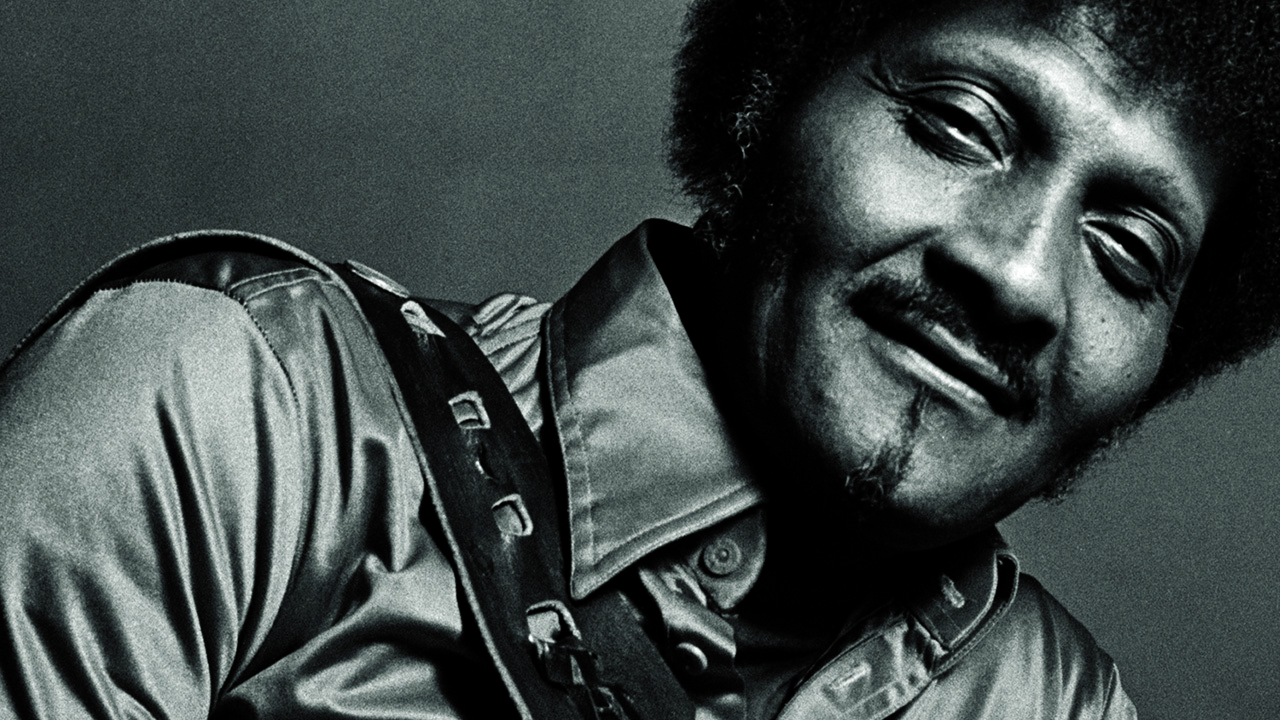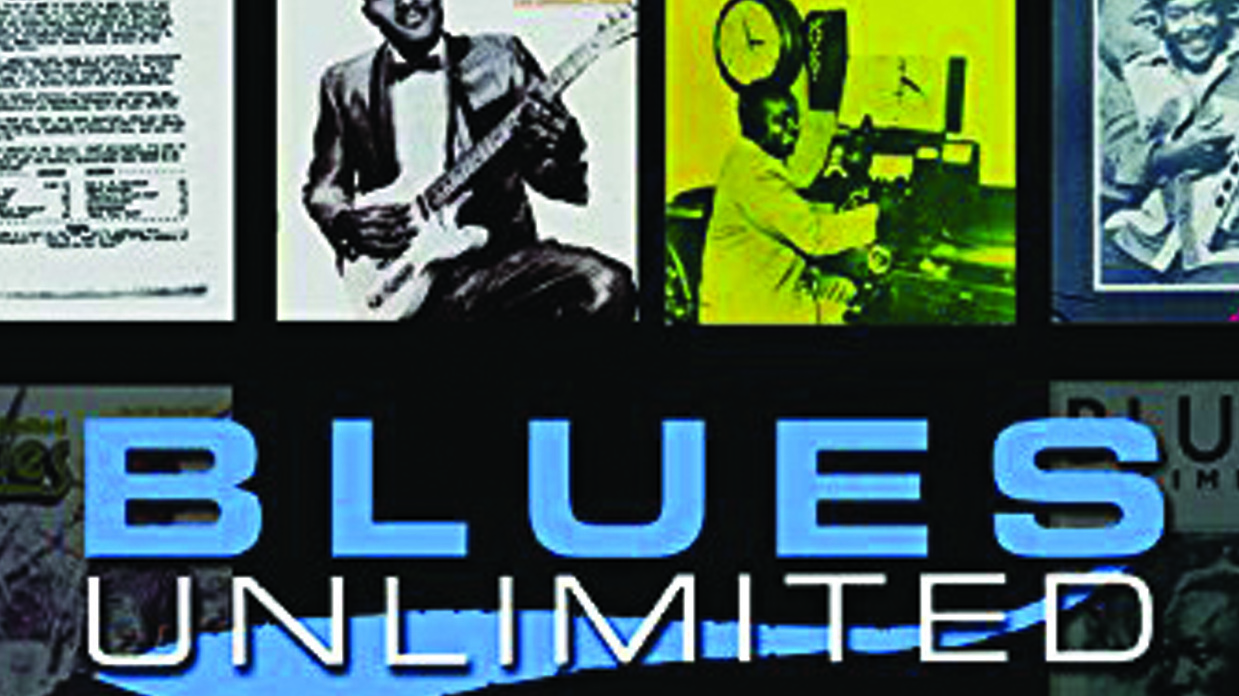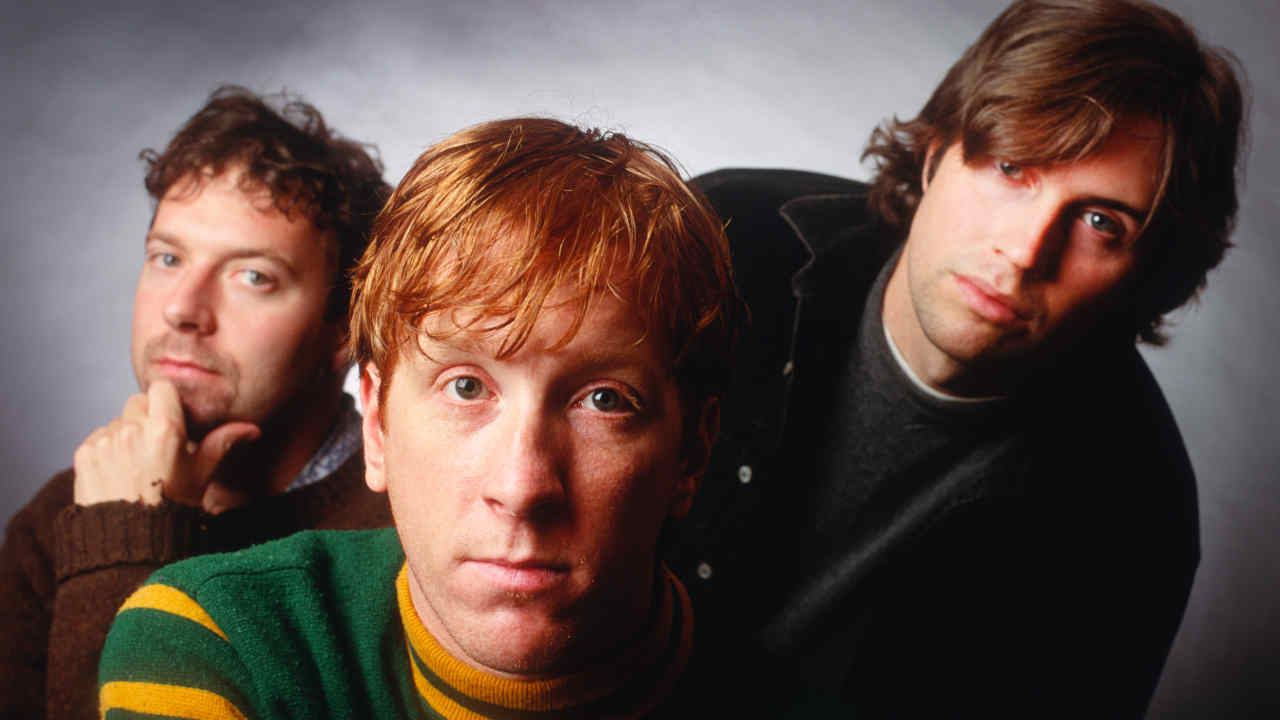You can trust Louder
Rare interviews with US blues artists by pioneering UK magazine.
BLUES UNLIMITED, founded in genteel Bexhill-On-Sea in 1963, was not just the world’s first magazine dedicated to the serious study of blues (previously, jazz critics tended to regard blues as jazz’s scruffy cousin), across its 25-year existence it also proved a remarkable publication that allowed for writing about and appreciation of vernacular music forms outside academia. Indeed, in many ways, Blues Unlimited is the parent of this very magazine: appropriately, Tony Russell writes the foreword, having written for Blues Unlimited and now for The Blues.
This anthology gathers interviews initially published in Blues Unlimited – 25 with musicians, two with record men (Ralph Bass, Henry Glover) who discovered/recorded artists – an what a pleasure it is to read. There is no paying homage to legends like BB King and Muddy Waters (I imagine the editors felt they had more than enough coverage elsewhere), and the interviews are conducted with real intelligence; the writers may have been fans of the musicians but there is no fanboy nonsense here. Instead the profiles suggest an attempt to understand the musicians, their communities, how they made music, what kind of living it provided and what life on the road in a segregated USA cost. Some of the artists here are well known (Albert Collins, Johnny Otis) yet many are not, which makes this book even more valuable: in-depth profiles of the likes of Louis Myers, Dr Hepcat and Moody Jones are very rare.
The three editors (Bill Greensmith, Mike Rowe and Mark Camarigg) were all Blues Unlimited contributors and most of the interviews here are theirs – readers more familiar with Blues Unlimited will have to decide whether this is appropriate – but everything is of a high standard. Also of note are Mike Leadbitter’s interviews with Juke Boy Bonner and Arthur Crudup, and John Broven’s Roy Brown interview, which surely stands as the most in-depth piece yet written on the pioneering R&B singer.
An interview with Jimmy Thomas sheds more light on Ike Turner’s Kings Of Rhythm than either Ike or Tina’s autobiographies. An interview with master drummer Fred Below provides insights into the Chess brothers and how a working musician like Below saw the mechanics of recording and touring (and his jazz influences). The Henry Glover and Ralph Bass interviews reveal the hustle and flow that working with R&B singers for indie labels involved. The editors correct errors and add footnotes (when necessary), so ensuring this account of African-American bluesmen and women, from a time when the music still felt contemporary in a segregated USA, stands as one of the masterful books on roots music.
Blues Unlimited’s founding editors, Mike Leadbitter and Simon Napier, both died young: this weighty anthology serves as a fitting testament to their vision and the magazine’s many contributors. The only fault of this very readable tome is that, at £24, the University of Illinois Press did not seen fit to publish it as a hardback: my cover’s already curling.

Sign up below to get the latest from Classic Rock, plus exclusive special offers, direct to your inbox!

